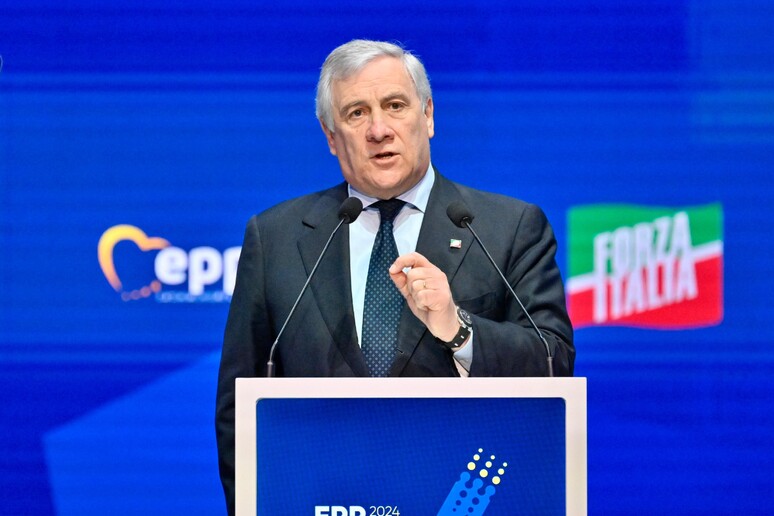Deputy Premier and Foreign Minister
Antonio Tajani on Friday reiterated calls to identify who was
behind the actions of the finance police officer who allegedly
snooped on politicians and celebrities while in service at the
National Anti-mafia Prosecutor's Department.
"I do not believe that a non-commissioned finance police officer
was the coordinator of this entire snooping operation," Tajani
told Mattino 5.
"He may have been used by someone who gave him orders. We need
to identify the cupola: was it a person, a group, and for what
purposes?" he added.
"Pasquale Striano worked in close contact with the National
Anti-mafia Prosecutor's Department, with the former Prosecutor
Cafiero de Raho, he conducted numerous investigations for him,"
continued Tajani of the finance police officer at the centre of
the probe by prosecutors in Perugia.
"We need to understand who gave him the orders and for what
purposes sensitive information was used.
"Was (the information) perhaps also intended to be a gift to the
press, or could it have been used by foreign services,"
concluded the minister.
The case has become a political issue, in part because many of
the public figures snooped on are on the right of the political
spectrum, with the victims demanding to know if Straiano was
following orders from above.
The finance police officer is alleged to have illegally accessed
the data of figures including Defence Minister Guido Crosetto,
Business Minister Adolfo Urso, Agriculture Minister Francesco
Lollobrigida, Labour Minister Marina Elvira Calderone,
Environment and Energy Security Minister Gilberto Pichetto
Fratin, Education Minister Giuseppe Valditara, Silvio
Berlusconi's former partner and MP Marta Fascina, ex-premiers
Giuseppe Conte (and his partner Olivia Paladino) and Matteo
Renzi, rapper and TV personality Fedez, soccer great Cristiano
Ronaldo, Juventus coach Massimiliano Allegri, Confindustria
business group chief Carlo Bonomi and League leader Matteo
Salvini's girlfriend Francesca Verdini.
He allegedly did this via abuse of the so-called 'SOS' system,
which enables officials to rummage through the information
stored on databases of individuals if the authorities receive a
report of a suspect financial operation by them.
ALL RIGHTS RESERVED © Copyright ANSA











